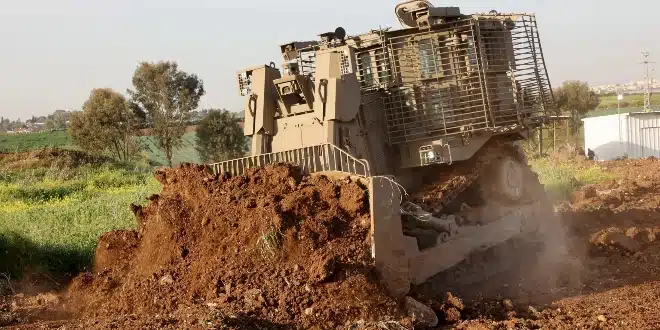On June 5, 2025, the Israeli military conducted airstrikes on Beirut’s southern suburbs, specifically targeting areas in Hadath, Haret Hreik, and Burj al-Barajneh. These operations, which Israel claims were aimed at underground drone production facilities operated by Hezbollah, occurred just hours before the commencement of the Muslim holiday Eid al-Adha. The strikes prompted widespread evacuations and significant panic among residents.
In response to the Israeli warnings, the Lebanese army dispatched patrols to the identified sites to conduct inspections, asserting that no military equipment was found. Despite these findings, Israel proceeded with the airstrikes, leading the Lebanese military to express concerns over the undermining of its role in maintaining the ceasefire. The army warned that continued unilateral actions by Israel could compel it to suspend cooperation with the international committee overseeing the truce established in November 2024.
Background and Ongoing Tensions
The November 2024 ceasefire, brokered with international mediation, concluded a 14-month conflict between Israel and Hezbollah that began in October 2023. Under the agreement, Hezbollah was to withdraw its forces north of the Litani River, while Israel committed to withdrawing from five positions in southern Lebanon. A monitoring committee comprising representatives from Lebanon, Israel, France, the United States, and the United Nations Interim Force in Lebanon (UNIFIL) was established to oversee the implementation of the ceasefire.
Despite the ceasefire, Israel has conducted multiple airstrikes in Lebanon, citing threats from Hezbollah. These actions have been met with condemnation from Lebanese officials, who view them as violations of the ceasefire terms. The Lebanese army has been actively working to dismantle unauthorized military sites in the south, having removed over 500 Hezbollah positions and arms depots.
Hezbollah maintains that it will not disarm until Israel ceases its airstrikes and fully withdraws from the disputed areas. The group’s stance has been a point of contention, with international and domestic pressure mounting for a resolution that ensures Lebanon’s sovereignty and stability.


